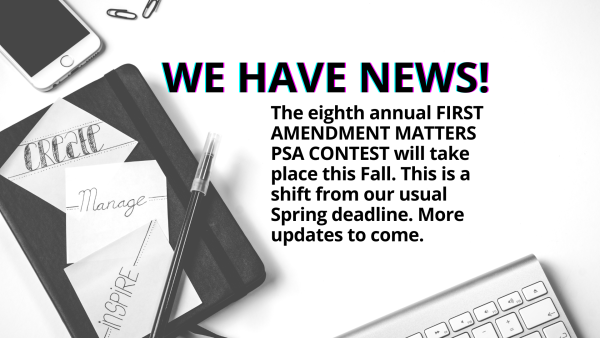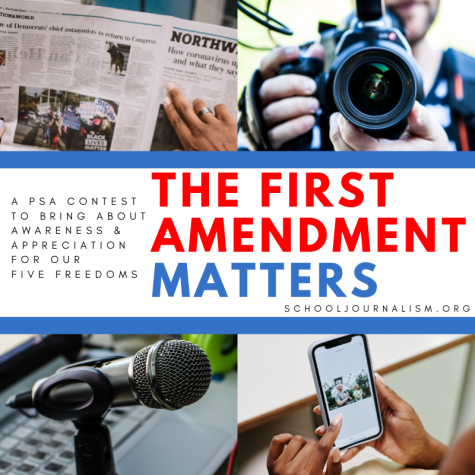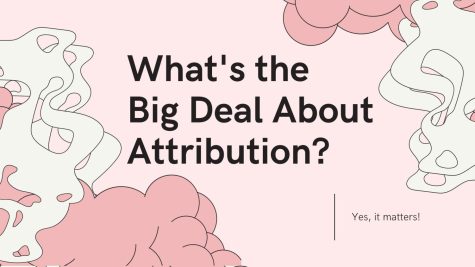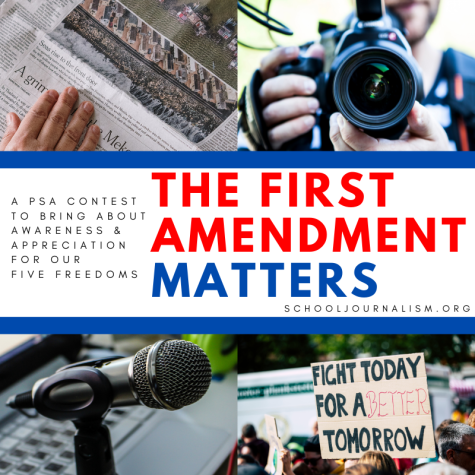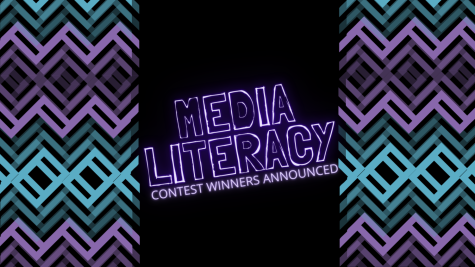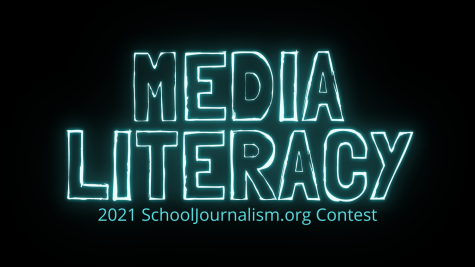Think carefully about April Fools’ Day content to avoid legal, ethical problems
Student journalists famously use April 1 as an annual opportunity to publish humorous material. Although some of these attempts at humor are successful, students should think carefully about April Fools’ Day content so that they retain their credibility come April 2.
“Failed attempts at humor produce an unfortunate number of controversies that damage journalism programs,” said Frank LoMonte, executive director of the Student Press Law Center.
LoMonte said student news organizations should not use April Fools’ Day to pick on vulnerable people, including using racial stereotypes or commenting on people’s appearances. “If you’re going to pick on a known individual person, pick on someone who can take a joke, ideally a famous public figure,” LoMonte said.
Students should also be careful when using parody. The humor should be so obvious to the reader that it “leaps off the page,” LoMonte said. “Defamation is all about what would be in the mind of the reasonable reader, and if the reasonable reader could not possibly take the article seriously, then it won’t be defamatory,” he said.
School violence is one topic that should be avoided completely in April Fools’ Day content. “Where violence is concerned, there does not seem to be any “I was just joking” defense,” LoMonte said. “Students get suspended and even expelled even if there is no realistic possibility that any violence actually will occur.”



